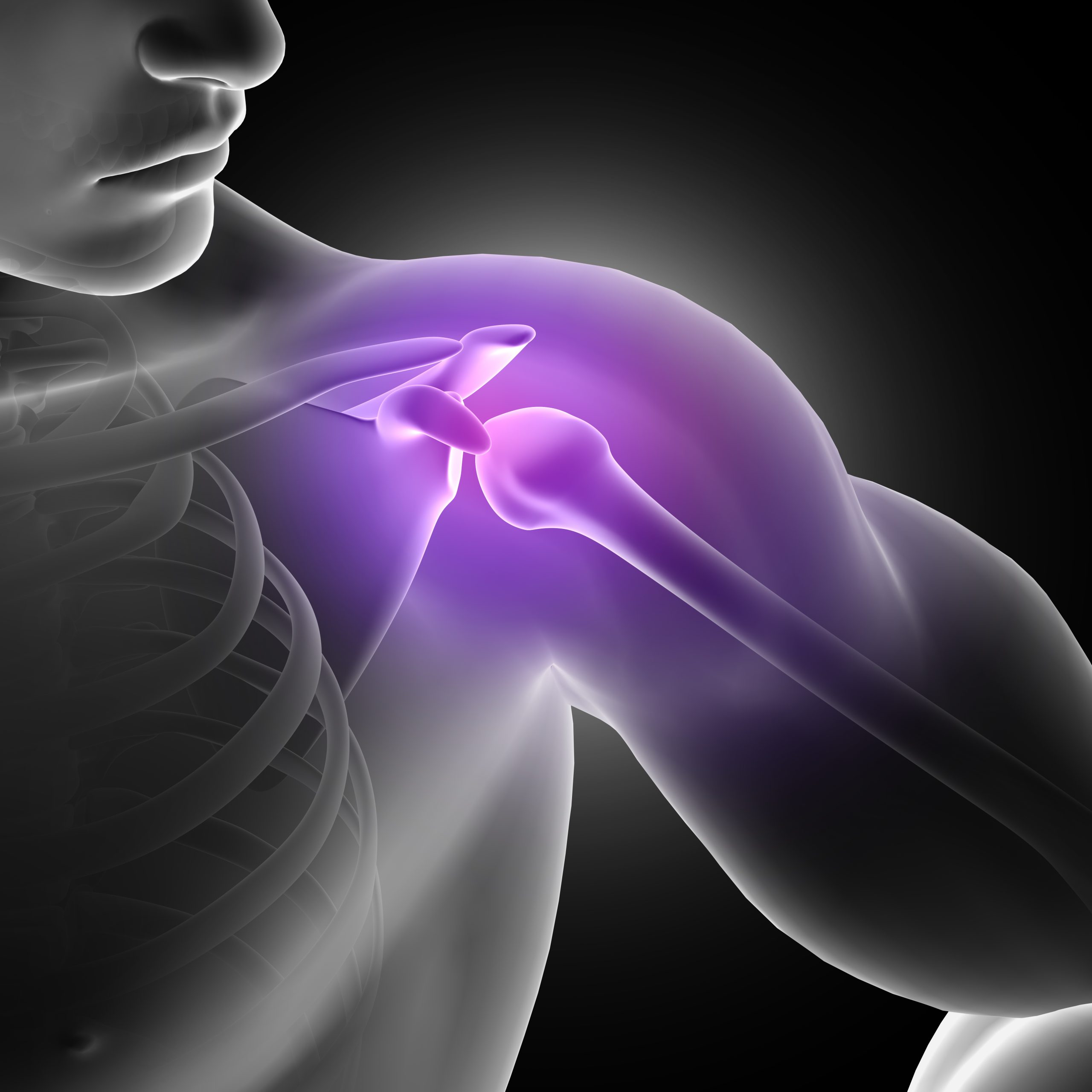

Opioids, such as morphine, are the gold standard for treating cancer-induced bone pain, but new study from the University of Arizona Health Sciences has revealed a mechanism by which chronic morphine usage may worsen bone loss and pain.
The National Institutes of Health reports that bone is the most prevalent site for metastatic cancer, which occurs when cancer spreads from its original location to another region of the body. Bone metastases affect over 70% of individuals with prostate and breast malignancies, and 30- 40% of people with lung cancer. Pain is the most common and significant symptom of bone metastases.
“These findings suggest that chronic morphine for the treatment of things like metastatic cancer may not be the best since it may be actually decreasing bone density,” said senior author Todd Vanderah, PhD, director of the UArizona Health Sciences Comprehensive Pain and Addiction Center, professor and head of the Department of Pharmacology in the UArizona College of Medicine – Tucson and member of the BIO5 Institute and UArizona Cancer Center. “This does not mean doctors should remove opioids from their treatment plans, but it does highlight a need to develop alternative therapies that can lower the risk of side effects from opioids.”
Previous research in both preclinical and human trials revealed that opioids have a role in bone loss, with multiple studies linking chronic morphine use to reduced bone density and a longer time to hip fracture. This is the first study to discover how morphine relates to greater bone loss and pain.
Dr. Vanderah and his colleagues compared how morphine interacted with mu opioid receptors and toll-like receptor 4, or TLR4. Mu opioid receptors are the principal molecular targets for opioids, controlling pain perception as well as side effects such as reward, tolerance, respiratory depression, and others. Toll-like receptors identify and attach to foreign molecules and are commonly located on immune cells, which multiply when confronted with an intruder such as cancer.
Researchers discovered that when morphine interacted with TLR4, it triggered a biological cascade that includes increases in inflammation as well as increased activity and creation of osteoclasts, which are cells that breakdown bone. As a result, there was more bone loss and pain. There was no increase in pain or bone loss due to morphine when TLR4 was blocked. When the mu opioid receptor was examined, the same effects were not observed.
“We believe that morphine is acting through toll-like receptor 4 to increase the number of osteoclasts that are produced and the activity of those osteoclasts,” Dr. Vanderah said, explaining that as osteoclasts chew away more bone, pain levels rise. “In the bigger picture, chronic opiates may start enhancing bone loss in any inflammatory condition – if somebody has an activated immune system because of cancer or arthritis, for example.”
Dr. Vanderah believes that further research is needed to have a better knowledge of how opioids function not only at known opioid receptors, but also at off-target areas. Future research could help forecast therapeutic mistakes in the treatment of cancer-induced bone pain, resulting in better treatments for patients.
This study sprang out of one of Dr. Vanderah’s research projects in which cannabinoids were being investigated as a non-opioid treatment for cancer-induced bone pain. This investigation is ongoing.
more recommended stories
 Red Blood Cells Improve Glucose Tolerance Under Hypoxia
Red Blood Cells Improve Glucose Tolerance Under HypoxiaKey Takeaways for Clinicians Chronic hypoxia.
 Nanoplastics in Brain Tissue and Neurological Risk
Nanoplastics in Brain Tissue and Neurological RiskKey Takeaways for HCPs Nanoplastics are.
 AI Predicts Chronic GVHD Risk After Stem Cell Transplant
AI Predicts Chronic GVHD Risk After Stem Cell TransplantKey Takeaways A new AI-driven tool,.
 Red Meat Consumption Linked to Higher Diabetes Odds
Red Meat Consumption Linked to Higher Diabetes OddsKey Takeaways Higher intake of total,.
 Pediatric Crohn’s Disease Microbial Signature Identified
Pediatric Crohn’s Disease Microbial Signature IdentifiedKey Points at a Glance NYU.
 Nanovaccine Design Boosts Immune Attack on HPV Tumors
Nanovaccine Design Boosts Immune Attack on HPV TumorsKey Highlights Reconfiguring peptide orientation significantly.
 High-Fat Diets Cause Damage to Metabolic Health
High-Fat Diets Cause Damage to Metabolic HealthKey Points Takeaways High-fat and ketogenic.
 Acute Ischemic Stroke: New Evidence for Neuroprotection
Acute Ischemic Stroke: New Evidence for NeuroprotectionKey Highlights A Phase III clinical.
 Statins Rarely Cause Side Effects, Large Trials Show
Statins Rarely Cause Side Effects, Large Trials ShowKey Points at a Glance Large.
 Anxiety Reduction and Emotional Support on Social Media
Anxiety Reduction and Emotional Support on Social MediaKey Summary Anxiety commonly begins in.

Leave a Comment